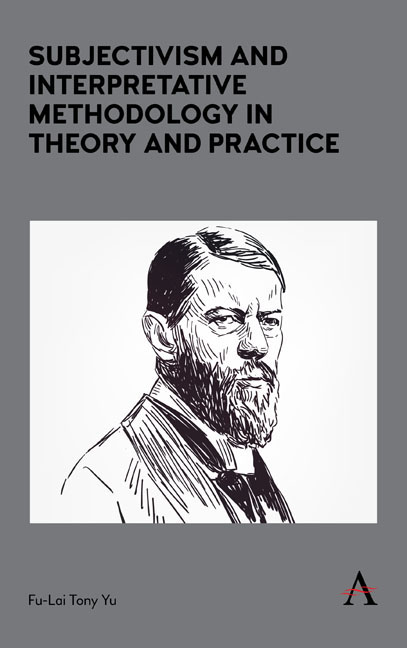9 - Toward a Theory of Social Construction of National Identity
Published online by Cambridge University Press: 28 February 2020
Summary
Abstract. In this chapter, we use interpretive and intersubjective approaches to explain the origin of national identity and hence emergence of a nation. More specifically, we attempt to formulate a theory of social construction of national identity. This new perspective is devised by introducing the theory of human agency given by Max Weber, William I. Thomas and Alfred Schutz in sociological philosophy, and later extended by Peter Berger and Thomas Luckmann. We apply their contributions to explain the rise of national consciousness and identity. We shall argue that national identity, the product of a mind construct, is the consequence of experience taken for granted after a long period of socialization. Experience taken for granted is crystallized into a stock of knowledge shared by the community. Unless people (both ingroup and out- group) interact with and learn from each other, different stocks of knowledge taken for granted will create political conflict. This theory is applied to understand the Taiwan Strait conflict.
Introduction
In this chapter, we use phenomenological analysis to explain the origin of national identity and hence the emergence of a nation. More specifically, we attempt to formulate a theory of social construction of national reality. This new perspective is devised by introducing the theory of human agency given by Max Weber and Alfred Schutz in sociological philosophy, and later extended by Peter Berger, Thomas Luckmann and Brigette Berger. We shall argue that national identity, the product of a mind construct, comes from experience taken for granted during socialization. Experience taken for granted is crystallized into a stock of knowledge shared by the community. Unless people (both in- group and out- group) interact with and learn from each other, different stocks of knowledge taken for granted will create political conflict. This theory is applied to understand the Taiwan Strait conflict.
A Review of Arguments against Secessionist Movements
To understand the Taiwan Strait crises, we review some arguments commonly used by unificationists to reject autonomy and secessionist movements. Many arguments adopted by unificationists in the debates are rather weak.
Historical Determinism
One argument against autonomous or secessionist movement is historical determinism (Rigger 1997). According to this argument, “what was once part of a nation, however briefly, is always part of that nation.” Hence, secessionist campaign leading to a breakup of a country should be condemned.
Information
- Type
- Chapter
- Information
- Publisher: Anthem PressPrint publication year: 2020
